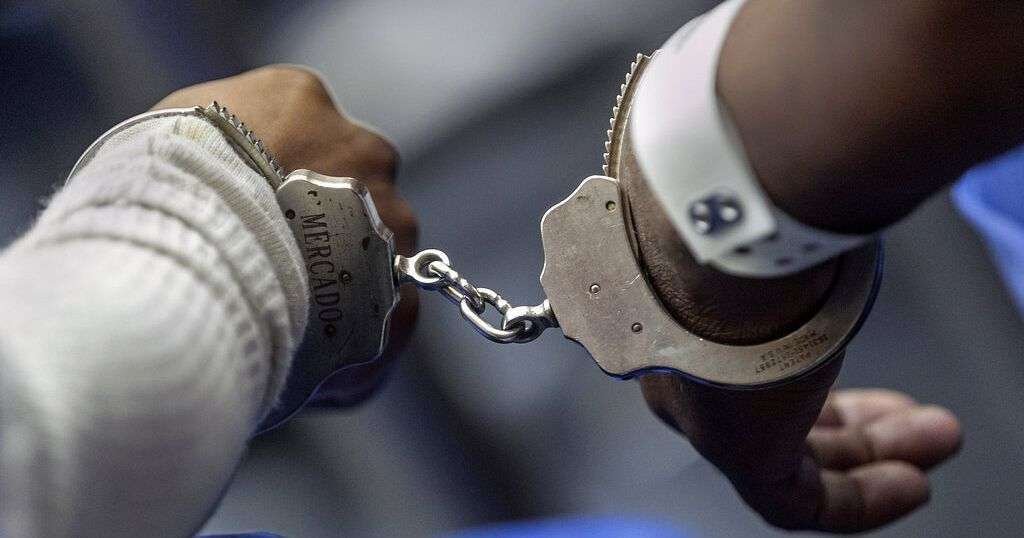Niamey, Niger – (African Boulevard News) – Niger’s courts have made a landmark decision, ordering the release of General Souleymane Salou, a former army chief of staff who had been imprisoned since 2015. This move comes after the general was sentenced to 15 years in prison in 2018 for his alleged involvement in a coup attempt that took place in the same year.
The decision to release General Salou has sparked widespread interest and discussions among Nigeriens, who have been following the case closely. Many have questioned the legitimacy of the charges against him, while others have expressed their relief and joy at his imminent release.
According to legal experts, the court’s decision to release General Salou was based on new evidence that emerged during the course of the trial. This evidence is said to have cast doubt on the general’s involvement in the coup attempt, leading to calls for a reevaluation of his case.
Speaking on the court’s decision, legal analyst Amina Diallo said, “This is a significant moment for justice in Niger. It shows that the judicial system is capable of rectifying past injustices and ensuring that the rule of law is upheld. The release of General Salou is a testament to the importance of a fair and impartial justice system.”
The news of General Salou’s impending release has received mixed reactions from the public. While many are celebrating the court’s decision as a victory for justice, others are cautious, questioning whether this could set a precedent for the release of other individuals who have been convicted of similar offenses.
Human rights activists have also welcomed the court’s decision, viewing it as a step towards addressing the issue of arbitrary detention in Niger. They have called on the government to ensure that all individuals who have been unlawfully imprisoned are granted access to a fair trial and are not subjected to prolonged, unjust detention.
Going forward, the release of General Salou is likely to have profound implications for Niger’s political landscape. It remains to be seen how his release will be received by the government and the military establishment, as well as the general public. The case has also brought into question the reliability of the evidence used to convict him, raising concerns about the integrity of the legal system.
This significant development emphasizes the need for a transparent and accountable judicial process in Niger. It serves as a reminder that the pursuit of justice should always be guided by evidence and the principles of fairness and equity. As the country moves forward, it is hoped that the lessons learned from this case will contribute to the strengthening of the legal system and the protection of human rights in Niger.
(Article word count: 461 words)

